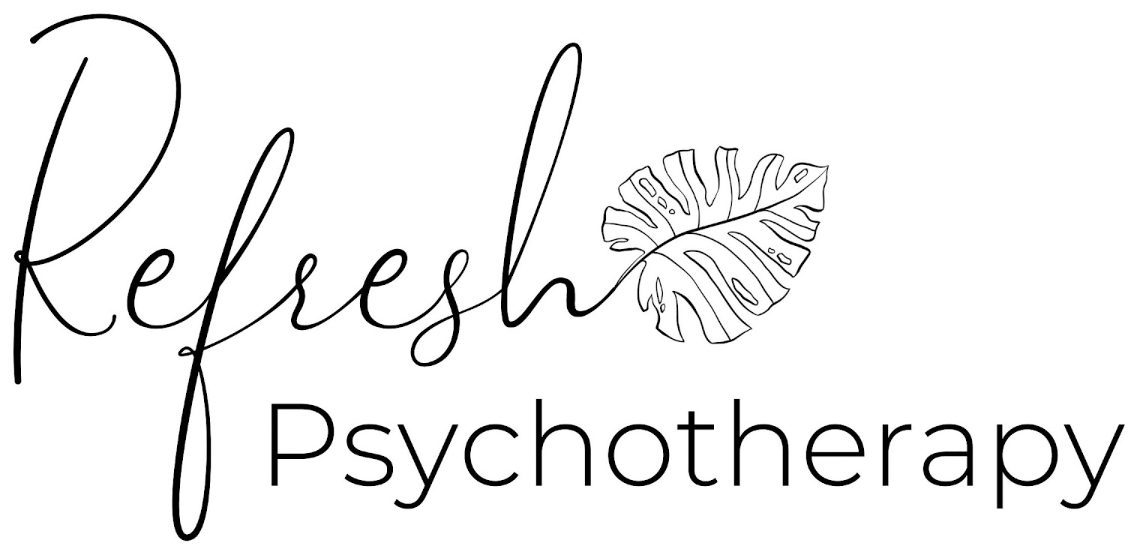
A Father’s Love Never Ends: Coping When Your Child Has Depression
When your child is struggling with depression, your world shrinks to their pain. You might spend nights watching them sleep just to make sure they’re safe, or spend days wondering if anything you say even matters. You try to stay calm, grounded, and supportive—but under the surface, your own mental health may be unraveling.
For fathers, this is often a silent collapse. Many were taught to be protectors, problem-solvers, and providers—not emotional anchors. And yet, when a child is facing depression, what’s needed most is precisely what men are rarely taught to develop: emotional stamina, self-awareness, and grief tolerance.
This article is not about how to fix your child. It’s about what happens to you—your identity, your mental health, and your emotional life—when the child you love is in pain.
The Invisible Toll of Holding It All Together
Most fathers don’t talk about the panic that creeps in when their child won’t get out of bed. Or the shame they feel when they get frustrated instead of compassionate. Or the confusion that comes from doing everything “right” and still watching their child spiral.
Research shows that parents of children with depression are at increased risk for anxiety, depressive symptoms, sleep disturbance, and even PTSD-like experiences, especially if they lack adequate emotional support (Wickersham et al., 2021).
Men are especially vulnerable because they tend to suppress their emotional distress, fearing that breaking down would make them less effective or less useful. But repressing grief, fear, or helplessness doesn’t protect anyone—it just isolates you.
You Can’t Pour From an Empty Self
When your child is in crisis, it can feel selfish to take care of your own well-being. But parenting a child with depression is not a sprint—it’s a marathon. You don’t need to be constantly strong. You need to be sustainable.
Ignoring your own exhaustion, guilt, and emotional confusion will only erode your capacity to parent with clarity. Research on parental burnout shows that unprocessed emotional overload in caregivers leads to detachment, irritability, and emotional numbing (Mikolajczak et al., 2018).
You are allowed to grieve. You are allowed to feel angry. You are allowed to say “I need help too.” None of this makes you a weak father. It makes you an honest one.
Masculinity, Shame, and Silent Suffering
Many fathers feel shame for even admitting how much this hurts. Society rarely gives men permission to collapse under the weight of parenting, especially when the struggle is emotional rather than logistical.
You might feel like you’re failing. You might believe you caused this. You might wonder if you missed the signs. These thoughts are common—and corrosive.
In a qualitative study on fathers of children with mental illness, researchers found that many men experience intense guilt, self-blame, and emotional isolation, yet hesitate to reach out for support due to stigma or internalized masculine norms (Moses, 2010).
But emotional suppression does not make you a better father. Presence does. And presence requires caring for your own mental health with the same dedication you offer your child.
Therapy Isn’t Just for Your Kid
It’s common for fathers to get their child into therapy, but never consider it for themselves. Yet your child’s healing may trigger long-dormant wounds in you—childhood trauma, emotional neglect, or long-held insecurities.
Fathers often report feeling like they’re “not allowed” to fall apart while their child is struggling. But therapy gives you a protected space to feel everything that parenthood has stirred up.
Men in therapy often report improved parenting, better emotional regulation, and a greater sense of meaning—even during ongoing family stress (Feinberg & Kan, 2008). You don’t need to be in crisis to go. You just need to be human.
Redefining Fatherhood During Crisis
When your child is depressed, it’s easy to feel like you’ve lost control. But this is also a powerful moment to redefine what kind of father you want to be—not the one who has all the answers, but the one who shows up with honesty and compassion.
Ask yourself:
- Can I be present, even when I feel powerless?
- Can I soften, even when I want to shut down?
- Can I let go of fixing, and instead build trust through consistency?
These questions won’t solve everything. But they will move you toward a version of fatherhood that includes your full humanity—not just the parts that feel competent.
You Still Matter, Even Now
You may not be able to make your child feel better today. But you are not powerless. You are not invisible. And your emotional well-being is not secondary to theirs—it’s part of the healing environment they need.
A father’s love never ends. But it can—and must—include love for yourself. You are not just a witness to your child’s depression. You are a man navigating heartbreak, confusion, and uncertainty—and you deserve support too.
You’re not alone. You’re not failing. You’re just finally feeling it.
Written by: Refresh Interns
Works Cited
Feinberg, M. E., & Kan, M. L. (2008). Establishing family foundations: Intervention effects on coparenting, parent/infant well-being, and parent–child relations. Journal of Family Psychology, 22(2), 253–263.
Mikolajczak, M., Gross, J. J., & Roskam, I. (2018). Parental burnout: What is it, and why does it matter? Clinical Psychological Science, 7(6), 1319–1329.
Moses, T. (2010). Being treated differently: Stigma experiences with family, peers, and school staff among adolescents with mental health disorders. Social Science & Medicine, 70(7), 985–993.
Wickersham, A., Sugg, H. V., Epstein, S., Stewart, R., Ford, T., Downs, J., & Fazel, M. (2021). Caregiver burden and mental health difficulties associated with adolescent depression: A systematic review and meta-analysis. European Child & Adolescent Psychiatry, 30(5), 751–761.
